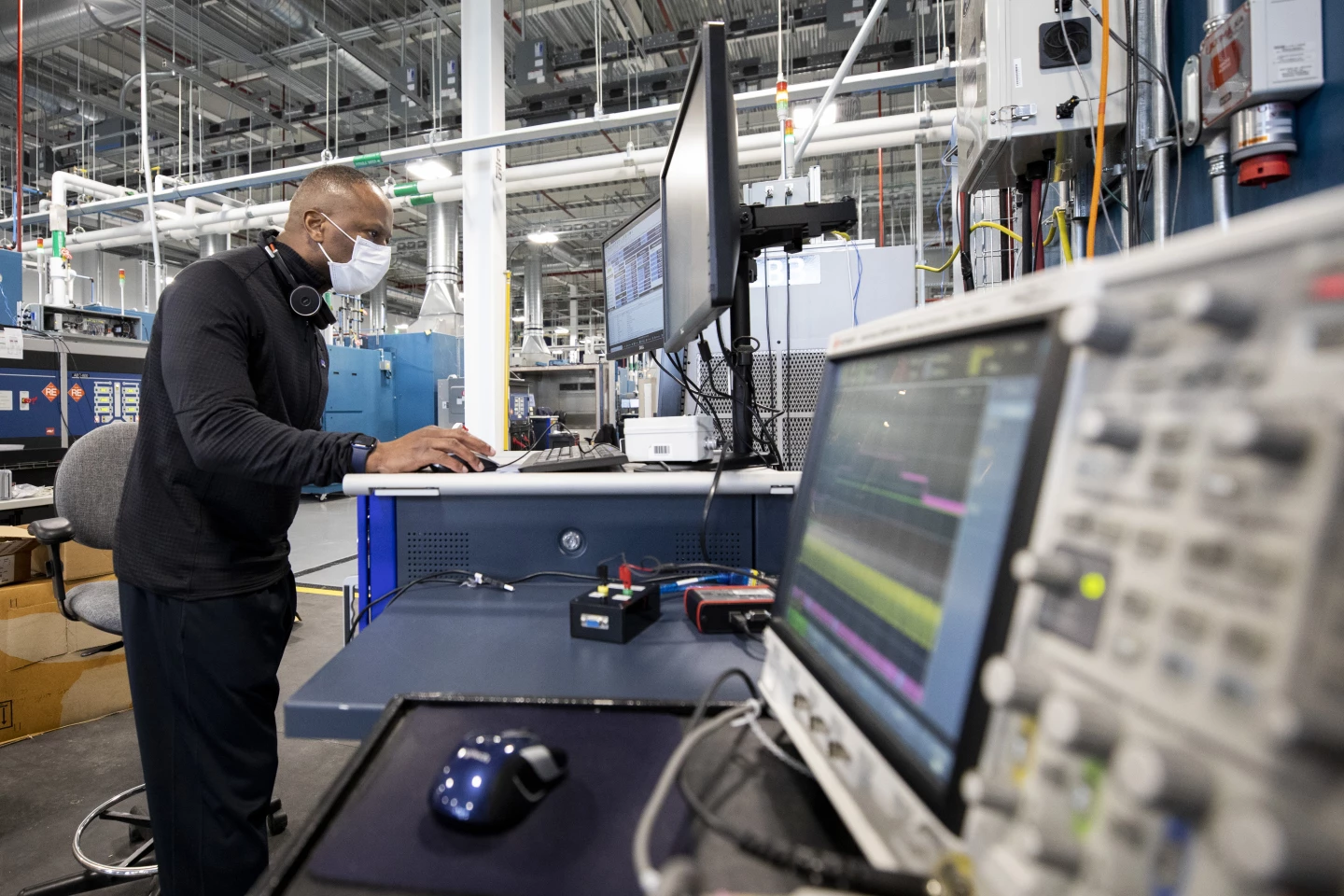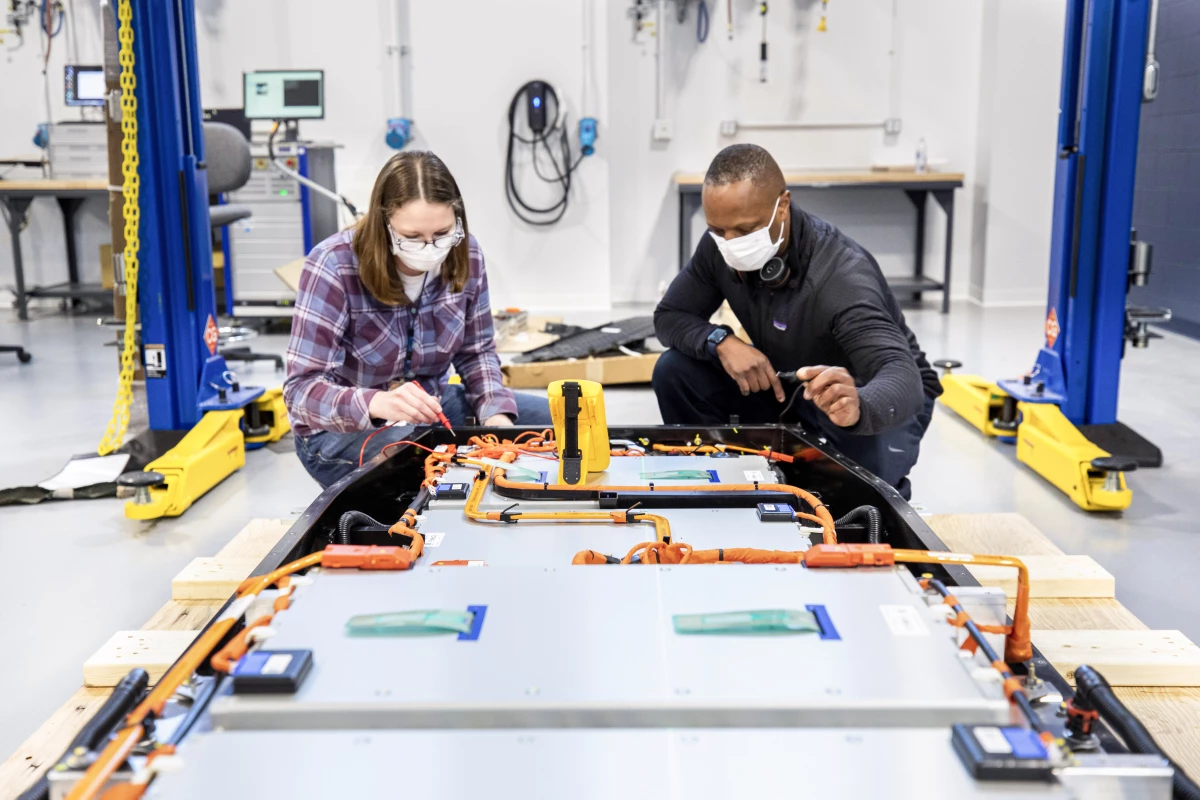With a view to one day manufacturing its own battery cells for electric vehicles, Ford has revealed plans for a new research and development center to explore all aspects of the technology. The company's new global hub for battery research will focus on developing next-generation lithium-ion and solid-state batteries, and will pilot manufacturing techniques that will enable Ford to scale up its anticipated breakthrough designs.
Called Ford Ion Park, the 200,000-sq-ft (19,000-sq-m) facility will be home to 150 workers, who will explore new next-generation energy storage for the company's electric vehicles. That will include the development and manufacturing of lithium-ion and solid-state batteries, and look to optimize the entire supply chain, from the mining of materials to recycling the batteries at the end of their lives.
“We’re already scaling production of all-electric vehicles around the world as more customers experience and crave the fun-to-drive benefits of electric vehicles with zero emissions,” says Hau Thai-Tang, Ford's chief product platform and operations officer. “Investing in more battery R&D ultimately will help us speed the process to deliver more, even better, lower cost EVs for customers over time.”

Ford Ion Park is being built in southeast Michigan where the company is based, and is where the team will investigate new battery electrode, cell and array designs. The company's nearby Battery Benchmarking and Test Laboratory will then be used to analyze and test batteries for use in Ford's electric vehicle lineup.
“While some automakers have placed their bets, we are going to use this lab with the help of partners and suppliers to fine-tune our batteries to our vehicles and customer needs – exploring next-generation lithium ion solutions, including solid-state batteries,” says Anand Sankaran, who will serve as the director of Ford Ion Park.
The US$185-million Ford Ion Park will open next year.
Source: Ford





